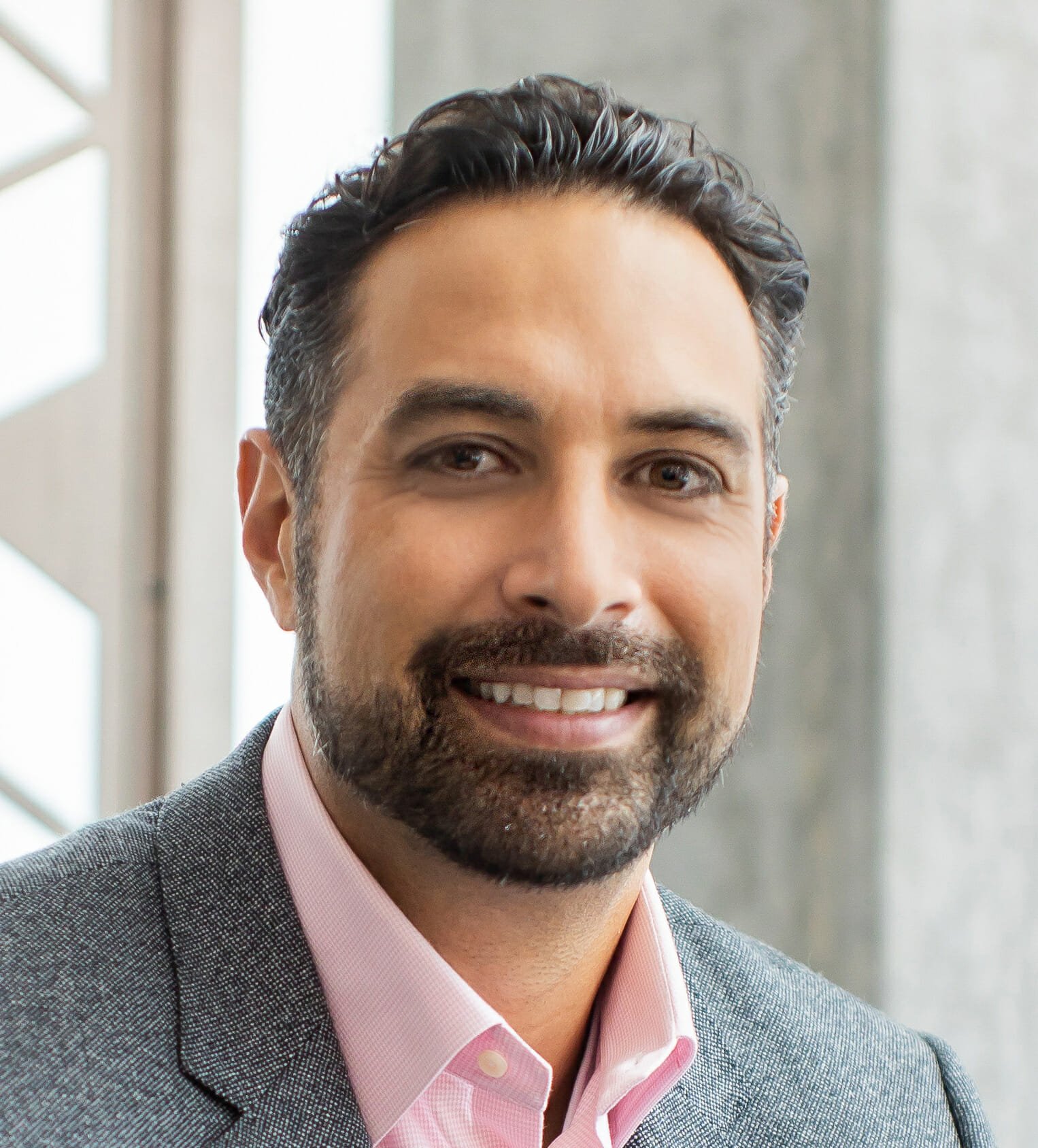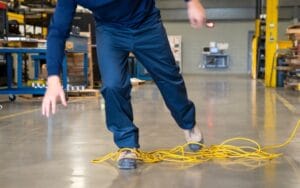Many people have heard of workers compensation and know of the term. However, a much smaller number of people actually know how worker’s compensation works in the law and in real life. Generally speaking, worker’s compensation comes about when an employee has been harmed or injured on the job. Every state will handle a worker’s compensation case in a different way.
If you are an employee who has been injured on the job, it’s important to understand how worker’s compensation is structured in the state you reside in.
What rights and entitlements do employees have in California?
There are different categories of what kind of rights or entitlements injured employees have in California. Some are monetary payments and others are non-cash benefits. However, both cash and non-cash benefits are tax exempt, unlike other benefits like unemployment. Worker’s compensation benefits for injured employees include:
Temporary Disability Payments
These payments are paid to injured workers for their time off work stemming from their injury. (See full worker’s compensation structure below) Temporary disability payments can only be paid out for two years after the date of injury.
Permanent Disability Payments
These payments are paid to injured workers who can no longer return to their former job or to participate in getting a different job. The amount paid is based on what type of injury was sustained, the age and occupation of the employee, and the doctor’s restrictions. Permanent disability payments can be paid out anywhere from one month to 14 years.
Medical Treatment Costs
Most associated medical expenses related to an employee’s injury are covered by worker’s compensation programs. This includes costs of treatments, surgery, and prescriptions. In addition, in 2016 California workers are reimbursed for traveling to medical appointment at 54 cents per mile.
Death Benefits
These benefits are owed to the dependents or spouses of employees who were fatally injured at work. This includes costs for burial and funeral expenses.
How is worker’s compensation structured in California?
First and foremost, employers are required to give paperwork regarding worker’s compensation withing 24 hours after an employee is injured on the job. In California, injured employees are entitled to receive two-thirds of their pretax gross wage under worker’s compensation. However, there is a maximum allowable amount that is adjusted annually.
- In 2022, the maximum allowable amount was raised to $1,539.71 per week for a temporary total disability.
- There is also a minimum allowable amount that was raised to $230.95 per week for a temporary total disability.
The realm of worker’s compensation is extremely difficult to understand, especially when applying it to real jobs and real lives. Hariri Law Group is here to help you through your worker’s compensation claim to ensure you are receiving the benefits that you are entitled to. Our experienced employment attorneys have worked through hundreds of worker’s compensation cases.






